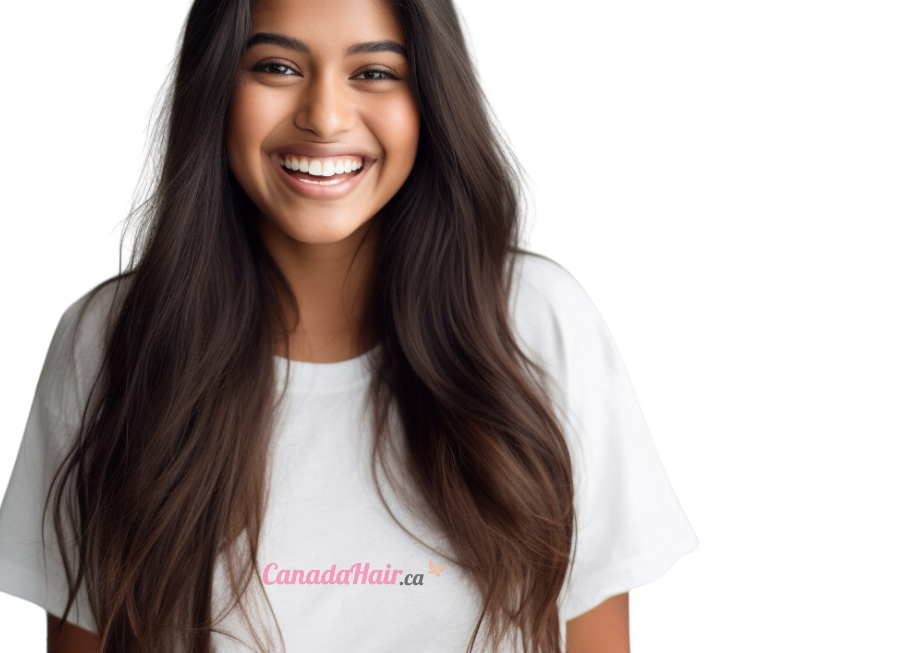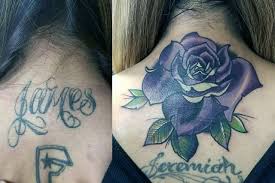Introduction:
Coloring your hair can change your look and boost your confidence, but it also requires a well-thought-out hair care regimen to maintain the vibrancy and health of colored hair. The introduction of apple cider vinegar (ACV) shampoo into the hair care market has raised questions about its suitability for color-treated hair.
pH balance:
The health and vitality of colored hair largely depends on the pH balance of the scalp. The normal pH of the scalp is about 5.5, and the acidity of ACV, which has a pH of about 3, can help restore and maintain this balance. This is especially important after coloring, as many hair dyes are alkaline and can disrupt the natural pH of the scalp, causing dryness and flaking.
Color duration:
One concern often with colored hair is color longevity. Can ACV Shampoo Affect Color Longevity? ACV, because it’s acidic, can help seal the hair’s cuticles (the outermost part of the hair), which can help lock in color and prevent it from washing out quickly. This means your hair color will look brighter and last longer.
Moisture and shine:
Coloring can often leave your hair dry and faded. ACV’s natural nutrients and acidity can help restore moisture and give your hair a natural shine. By sealing the cuticle, it not only locks in color, but also creates a smooth surface that reflects light and makes your hair shiny and vibrant.
Gentle cleaning:
Chemical residues from hair dyes can damage your hair and scalp. ACV shampoo is a great way to gently remove that residue and hair product buildup without stripping the color. It leaves hair clean, light and fresh.
Scalp Health:
ACV’s antibacterial and antifungal properties can also help maintain a healthy scalp, which is essential after the chemical assault of hair dye. It can soothe irritation, fight dandruff and prevent scalp infections, promoting overall hair health.
Protection of natural oils:
Unlike many commercial shampoos, ACV shampoo is gentle and will not strip your hair of its natural oils. These oils are essential for retaining moisture, preventing frizz and maintaining the integrity of colored hair.
However, caution should be exercised when using ACV shampoo on color-treated hair. Its acidic nature can strip the color if overused. In general, it is recommended to start using it once a week and see how the hair reacts. If your hair seems to benefit without color fading, you can gradually increase the frequency. Always rinse thoroughly after use.
Conclusion:
In conclusion, ACV shampoo can be a valuable addition to a color-treated hair care routine. Its natural acidity can balance scalp pH, lock in color, add shine, gently cleanse, improve scalp health and protect natural oils. However, individual hair reactions may vary and moderation is key. While ACV shampoo can offer many benefits, the most important thing when dealing with color-treated hair is to use products designed specifically for it, be gentle with it, and maintain a healthy diet and lifestyle. If you notice significant color fading or other problems, it is always best to consult a hair care professional. Remember that beautiful hair reflects good health and good care.



